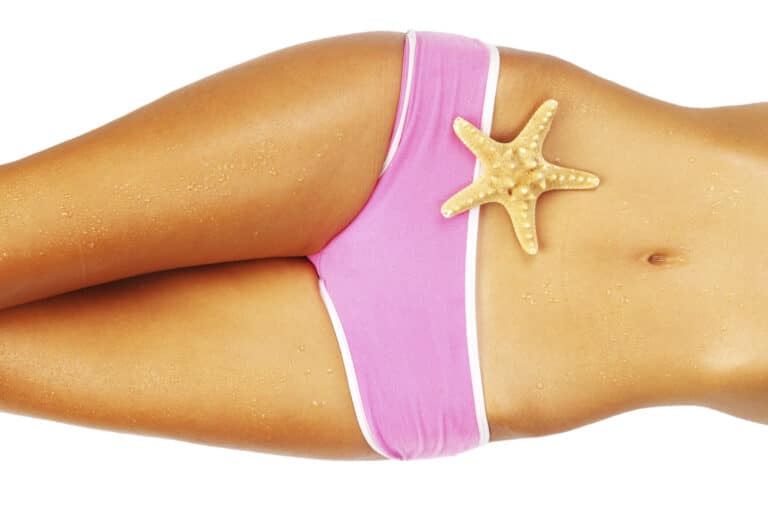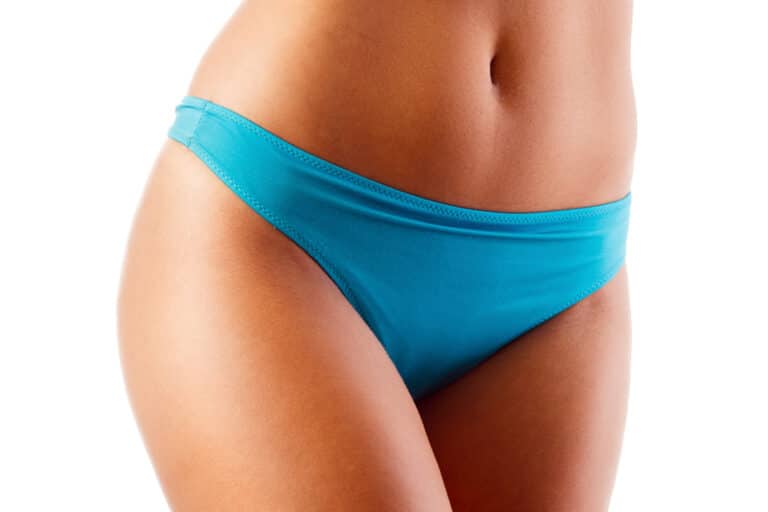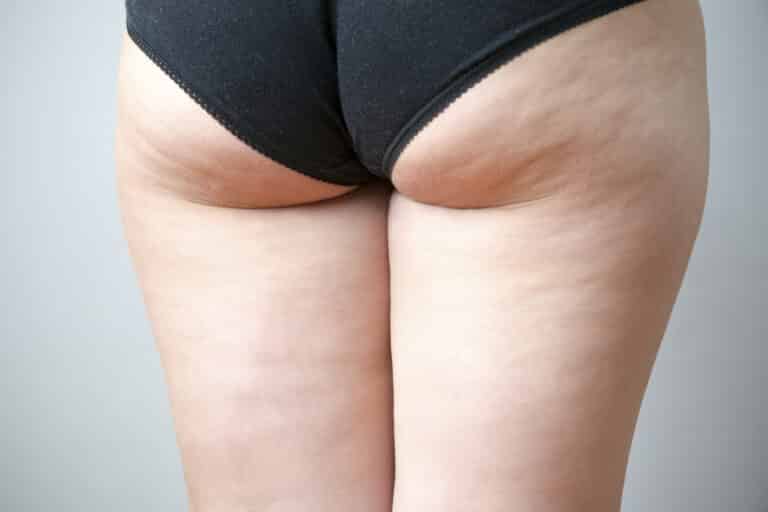New Injectable Cellulite Treatment
According to the American Society of Aesthetic Plastic Surgery, 90% of women and 10% of men suffer from cellulite. To date, there has been no Food and Drug Administration (FDA) approved treatment for the subcutaneous fat beneath the skin that pushes against connective tissue or collagen anchoring strands, causing a dimpled effect on the skin above it. This has led to an increasing amount of research to confirm a new injectable method aimed at treating cellulite. Most recently, Auxilium Pharmaceuticals Inc. completed phase 2 of a study involving almost 150 women between the ages of 18 to 45 to treat cellulite by injecting collagenase clostridium histolyticum (CCH) or collagenase injections. The goal of CCH is to break down the collagen that anchors cellulite dimples and, consequently, even out skin irregularities caused by the cellulite.
Patients in the study were required to have cellulite in the posterolateral thighs and or buttocks for a minimum of 12 months prior to the first treatment. The study to evaluate cellulite reduction by treatment of CCH is randomized and double-blind with patients receiving multiple doses. Patients receive up to three treatments, at 21 days apart in areas of evident dimpling caused by cellulite. Treatment doses vary from low, medium, high, and placebo. During the first stage of the study, results show that some doses of CCH result in reduced cellulite following a single injection in the target dimple site.
Treatment effectiveness is evaluated through patient’s assessments and 3D photographic imaging. Safety is measured by notating adverse effects. Patient safety and tolerability profiles determine second stage treatment. Less than 10% of patients were reported to have experienced adverse events such as bruising and pain.
CCH is currently used in the United States under the trade name XIAFLEX for treatment of adult Dupuytren’s contracture, which is a fixed flexion contracture of the hand where the fingers bend towards the palm and cannot be fully straightened. Should a formulation of CCH receive FDA approval for this new indication, Auxilium will distribute of CCH for the treatment of cellulite. The final results of the two-part study are expected in early 2015. The hope is that the research will result in the first medically-based effective and FDA approved treatment for cellulite.







